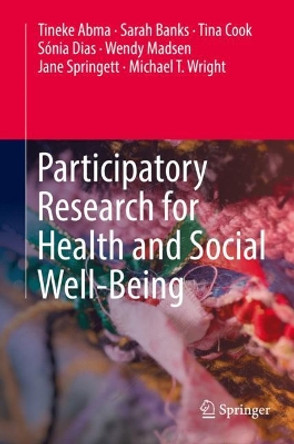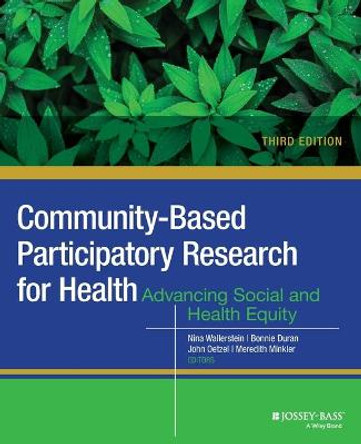Description
Participatory research is well-established as an approach involving people with a direct interest in, or experience of, the issue being studied in carrying out research. However, it raises unique and challenging ethical issues. Traditional concerns with respect for the rights to confidentiality, consent, privacy and protection of 'research informants' do not translate easily into participatory research. Boundaries between researchers and those researched are often blurred; research trajectories may be emergent and unpredictable; and major ethical issues revolve around partnership, power, equality and respect for diverse knowledges.
The book introduces the key ethical issues in participatory research, drawing on ethical theory and relevant literature before presenting seven substantive chapters, each on a different theme, such as power, ownership, confidentiality and boundaries. The chapters feature an introductory overview of the topic with reference to the literature, followed by four real-life case examples written by participatory researchers and short commentaries on each case. Drawn from around the world (from Denmark to Tanzania), the cases illustrate a range of ethical issues, outlining how they were handled and the reflections and feelings of the contributors.
Focusing on developing ethical awareness, confidence and courage to act in ethically challenging situations in everyday research practice, this book is an invaluable resource for all participatory researchers.
About the Author
Sarah Banks is Professor of Applied Social Sciences, Department of Sociology and Co-director, Centre for Social Justice and Community Action, Durham University, UK.
Mary Brydon-Miller is Professor of Educational Leadership, Evaluation, and Organizational Development, College of Education and Human Development, University of Louisville, USA.
Book Information
ISBN 9781138093430
Author Sarah Banks
Format Paperback
Page Count 218
Imprint Routledge
Publisher Taylor & Francis Ltd
Weight(grams) 370g







